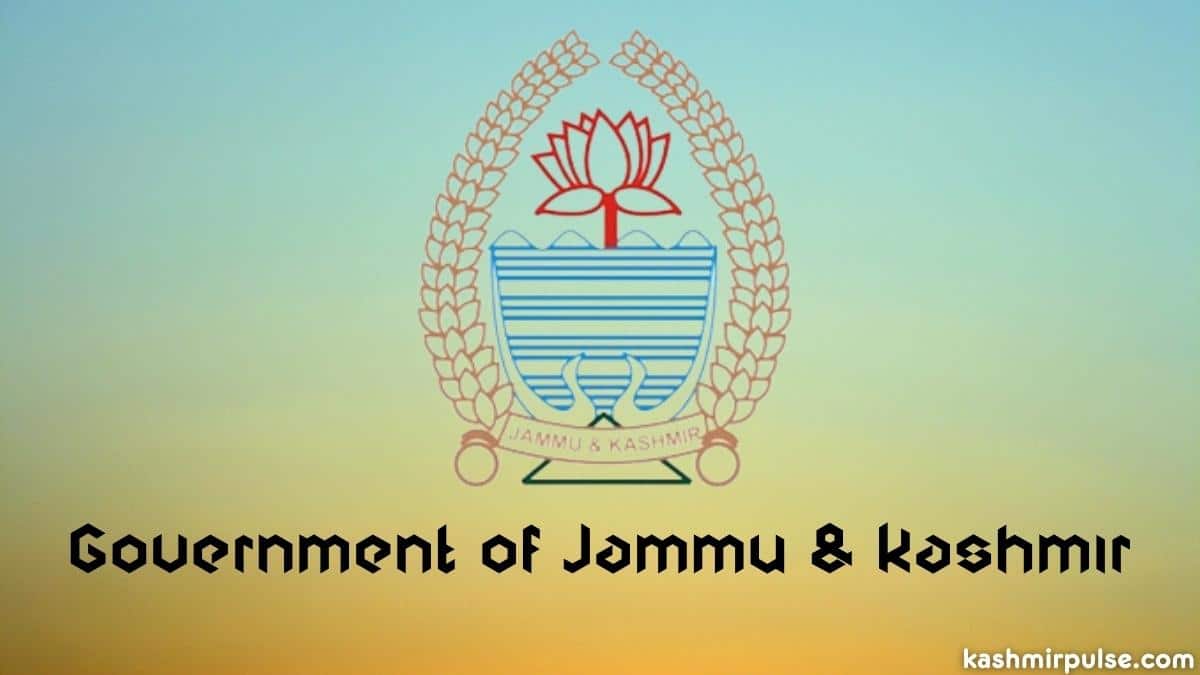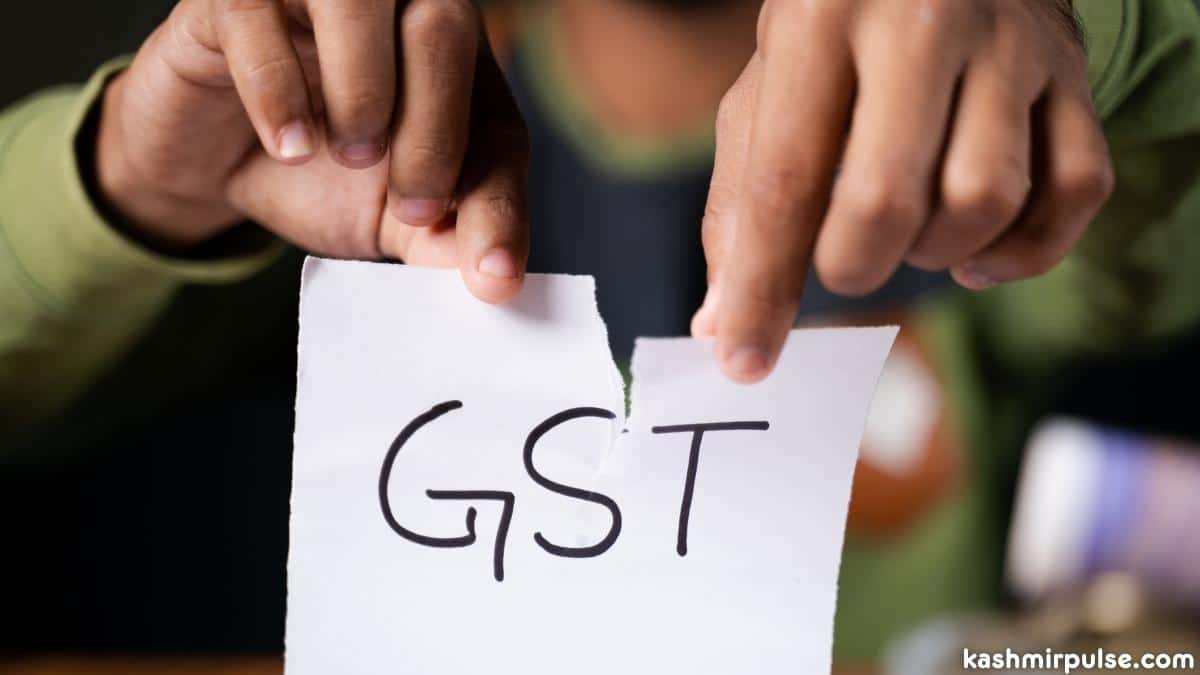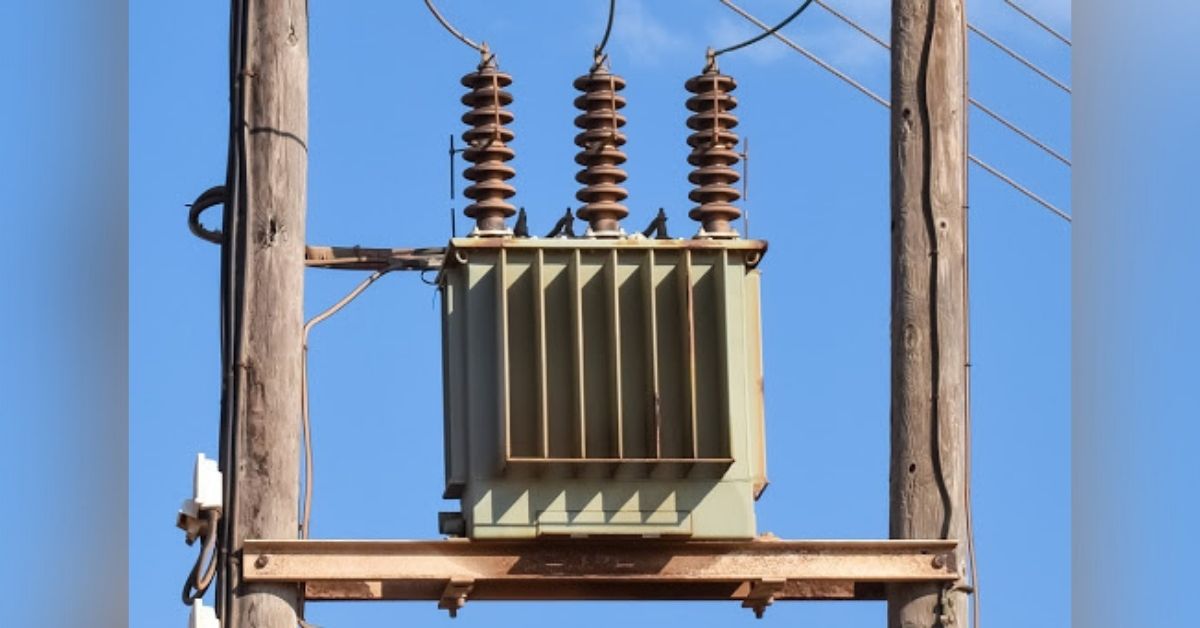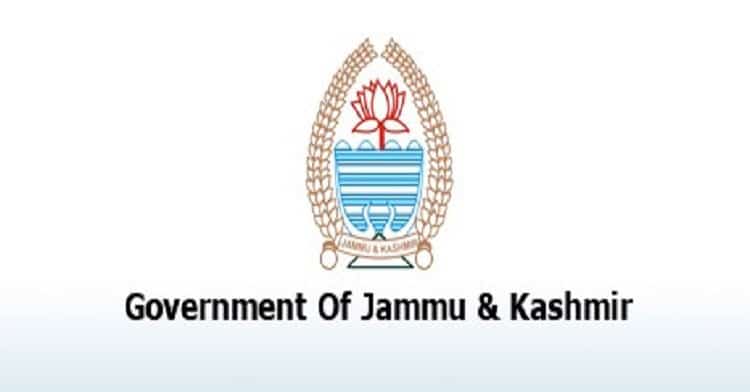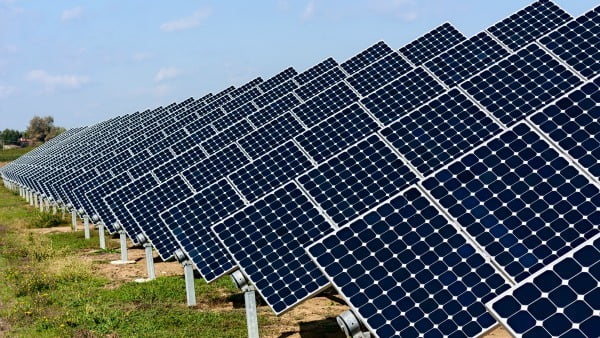KPDCL extends amnesty scheme, offers relief to consumers
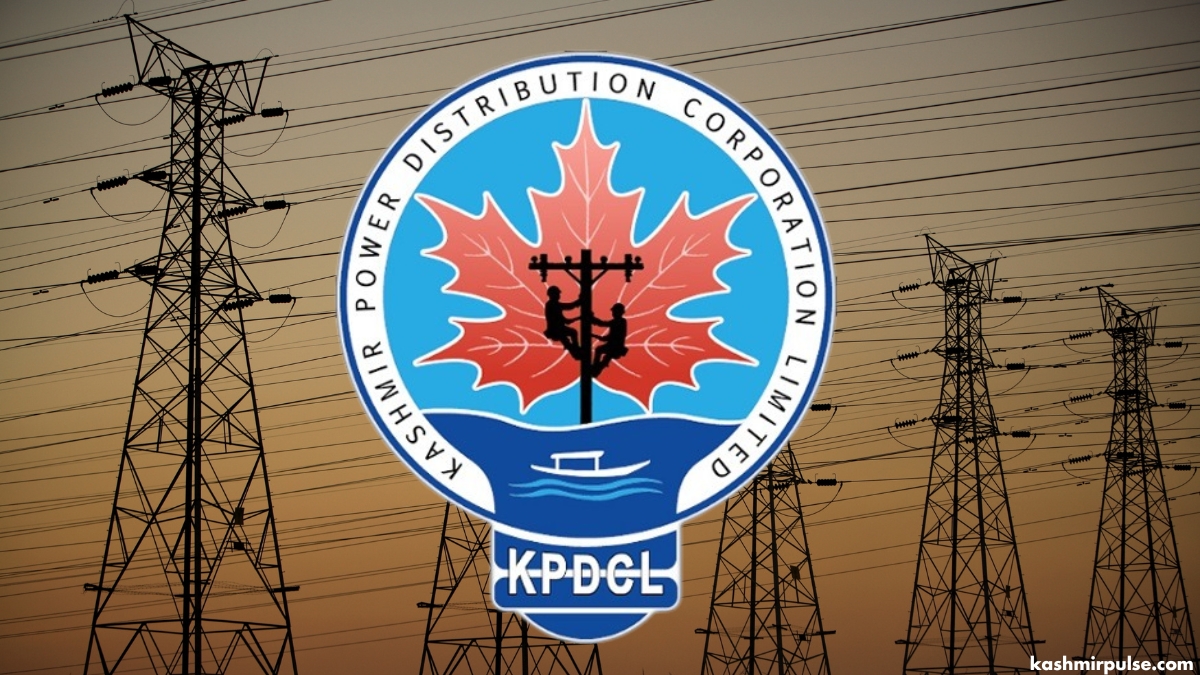
SRINAGAR — In an effort to ease the burden of outstanding electricity dues and provide financial relief to consumers, the Kashmir Power Distribution Corporation Limited (KPDCL) has issued a crucial advisory urging consumers to take advantage of the extended Amnesty Scheme-2022.
The scheme, offering a pathway to settle outstanding electricity dues, has been extended until March 31, 2025, following a recent decision by the Administrative Council chaired by Manoj Sinha, the Lieutenant Governor of Jammu and Kashmir. The decision specifically benefits domestic electricity consumers.
This extension provides consumers with an extended window of opportunity to resolve their outstanding electricity bills under more favourable terms. The move reflects the authorities' commitment to supporting consumers facing financial difficulties, especially amid various economic challenges.
By extending the Amnesty Scheme-2022, the aim is not only to provide immediate financial relief but also to encourage responsible financial management among consumers.
The advisory serves as a reminder to consumers to seize this opportunity and take proactive steps to address their outstanding electricity dues, emphasizing the significance of availing themselves of the extended scheme before the deadline to avoid potential penalties or further financial strain.
The high-level Administrative Council meeting, attended by Rajeev Rai Bhatnagar, Advisor to the Lieutenant Governor; Atal Dulloo, Chief Secretary, J&K; and Mandeep Kumar Bhandari, Principal Secretary to the Lieutenant Governor, approved the extension of the Amnesty Scheme, aiming to provide respite to domestic consumers grappling with accumulated power dues.
Under the extended amnesty scheme, domestic consumers stand to benefit from a complete waiver of 100% interest and surcharge on outstanding principal amounts. Notably, the domestic consumer category constitutes a significant portion, comprising over 86% of JKPDD consumers, with nearly half of the total energy consumption in the UT attributed to this demographic.
Despite the substantial benefits offered by the amnesty scheme, approximately 30% of domestic consumers, estimated at around 5.50 lakh, either resort to staggered payments or have defaulted on their electricity bills. The accumulation of outstanding power dues, coupled with late payment surcharges and interest, has exacerbated commercial losses for JKPDD and its associated Discoms.
The implementation of the amnesty scheme has yielded promising results, with a noteworthy recovery of Rs. 235.58 crore from domestic consumers. This initiative enables consumers to avail themselves of the surcharge waiver and facilitates payment of the principal amount through affordable installment plans, thereby easing the financial burden.
Furthermore, the successful recovery of outstanding principal amounts is anticipated to mitigate the Aggregate Revenue Requirement (ARR) and Aggregate Cost of Supply (ACS) gap.
This post first appeared on The Kashmir Pulse
